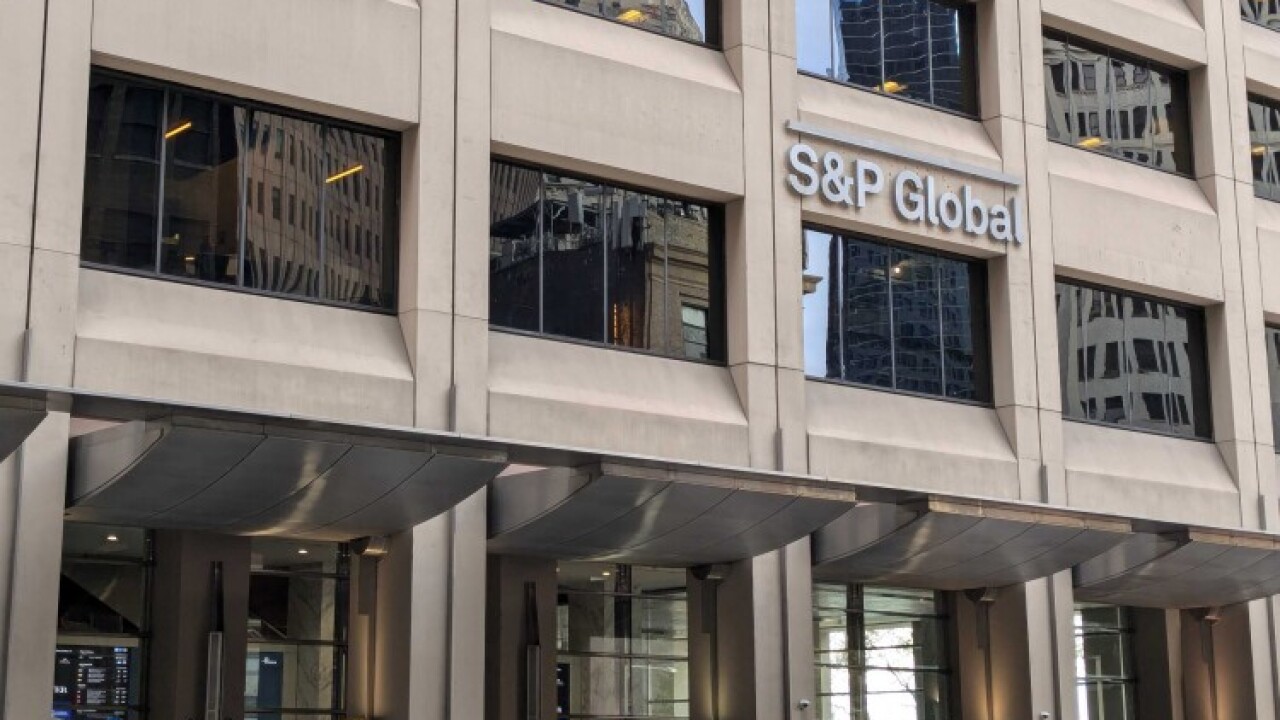The New York State Legislature adjourned last week without passing a complete budget, but a few bond-related bills still squeaked through the political deadlock.
One bill passed by the Legislature — though not yet delivered to Gov. David Paterson — amends local finance laws to extend the number of years certain short-term notes can be rolled over and permit local deficit financing.
Current state law allows issuers to renew notes up to five years after their original issue date. Bill A. 8565A/S. 4601A extends that timeframe to seven years for notes issued in 2004 and 2005. It allows municipalities, school districts, and district corporations to sell “deficiency notes” to close deficits of up to 5% of their annual budget. The notes can be renewed, but cannot have maturities longer than three years from the original issue date.
Another provision lifts the existing cap for most municipalities selling bonds through negotiation to $5 million from $1 million. The cap does not apply to New York City, which routinely issues larger bonds, and several other communities. It still must be approved by Paterson.
The Legislature also passed a bill into law allowing the Dormitory Authority of the State of New York to issue up to $55 million of bonds on behalf of the Convent of the Sacred Heart School. The private school for girls on Manhattan’s Upper East Side offers K-12 classes. Paterson signed the bill for the school June 15.
A law allowing New York City to deviate from generally accepted accounting principles in order to balance its budget was also enacted by the governor and Legislature.
When the state’s fiscal year began April 1 without a budget in place, it depended on weekly extender bills to keep the government running. One of those extender bills included legislation containing the GAAP exception for New York City, which amended a 1970s-era law requiring the city to balance its budget under GAAP. The amended language gives the city an exception that allows it to continue to borrow for remediation costs such as asbestos removal.
The city needed the exception after the Governmental Accounting Standards Board changed its rules in 2009 to treat such remediation as operating expenses. The city could not have financed those costs after the rule change under the old state law.
“This is what the city has been doing for years and years,” said Marc LaVorgna, spokesman for Mayor Michael Bloomberg. “This change is able to reflect what we believe — that these costs should be billed as capital.”
The change drew criticism from Charles Brecher, executive vice president and director of research for the watchdog group Citizens Budget Commission who said it could create a slippery slope by establishing a precedent for other GAAP exceptions.
“The change is that you used to follow generally accepted accounting principles and now you don’t follow generally accepted accounting principles because a rule came that you don’t like,” Brecher said.
Jeffery Sommer, acting executive director of the New York State Financial Control Board monitoring New York City finances, said the city would continue to follow GAAP for financial reporting but would be allowed to borrow for a limited purpose.
“I don’t have any problems with it,” Sommer said.
Passed but not yet signed by Paterson is a bill allowing DASNY to issue up to $75 million of bonds on behalf of Trevor Day School, a private school with facilities on the Upper East Side and Upper West Side of Manhattan.
Among the bills that were not completed during the regular legislative session was one that would have restored the ability of industrial development agencies to issue bonds for civic facilities on behalf of nonprofits. Another measure that Paterson submitted to the Legislature last week would allow DASNY to sell bonds for civic facilities without special legislation.





